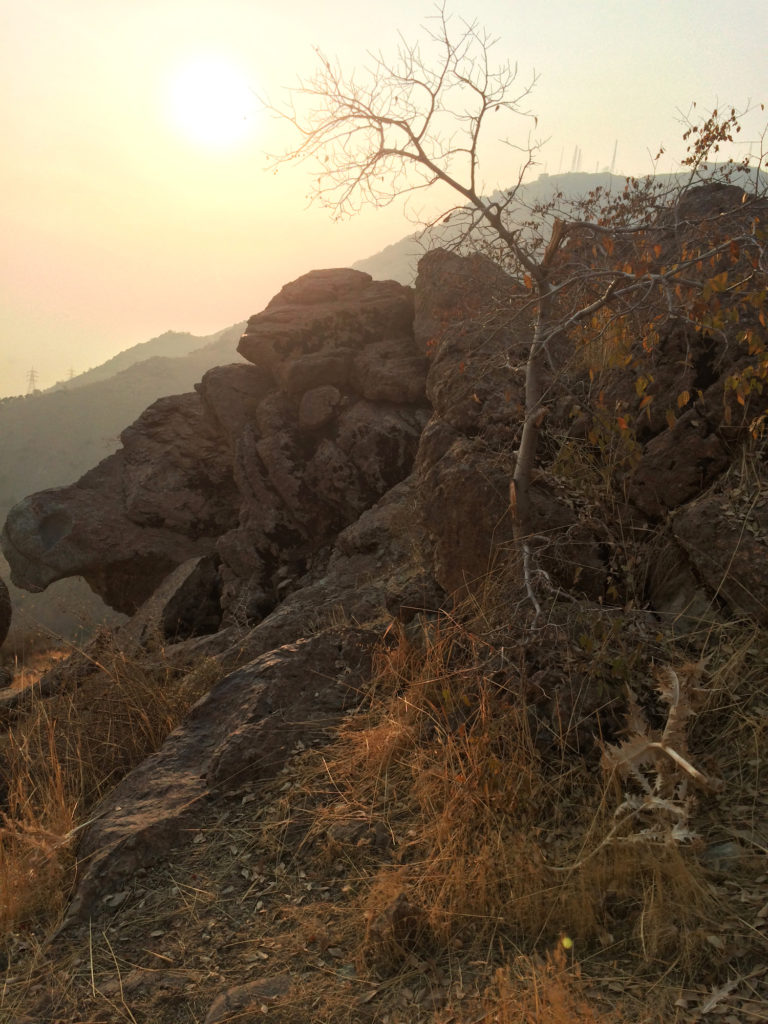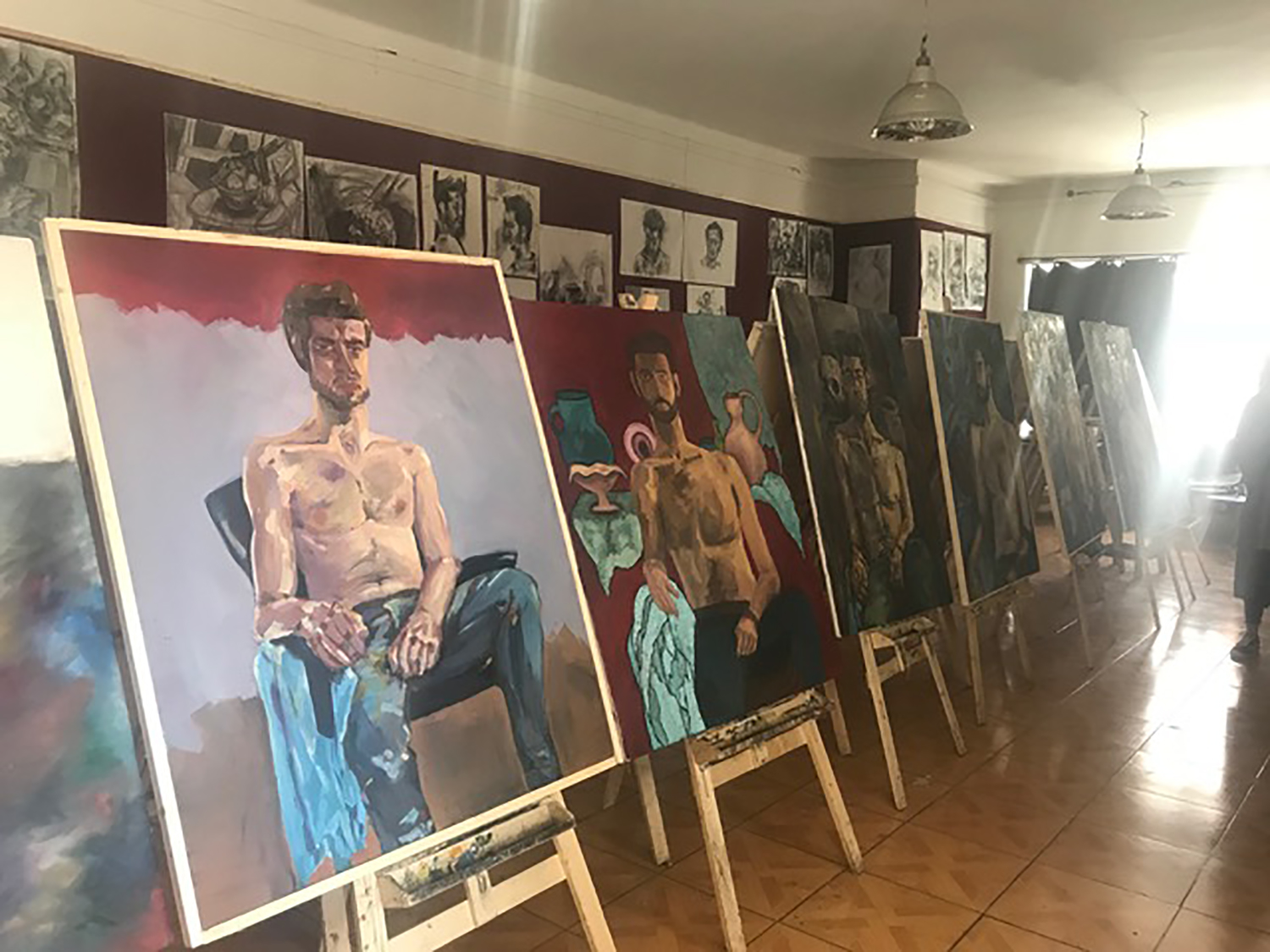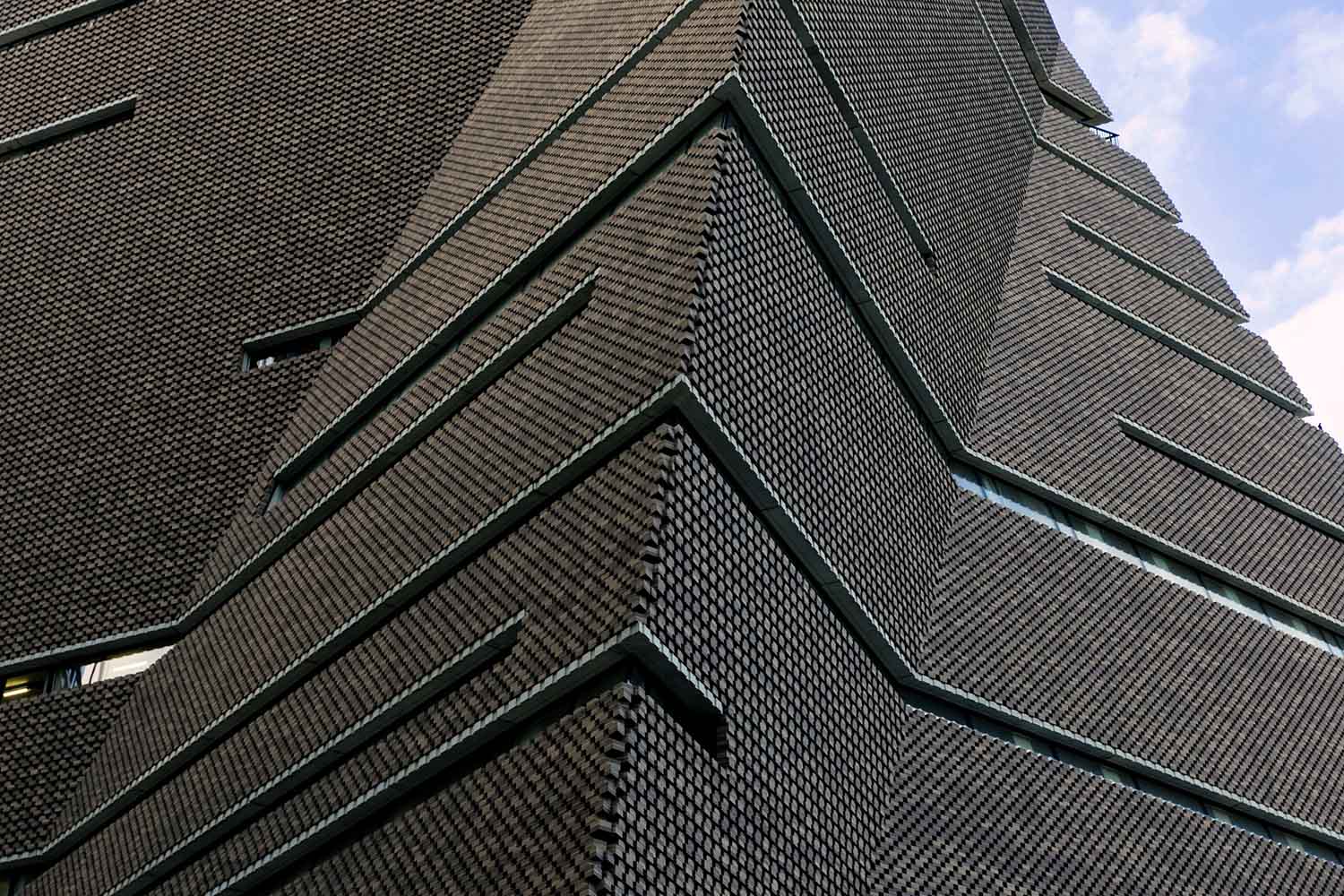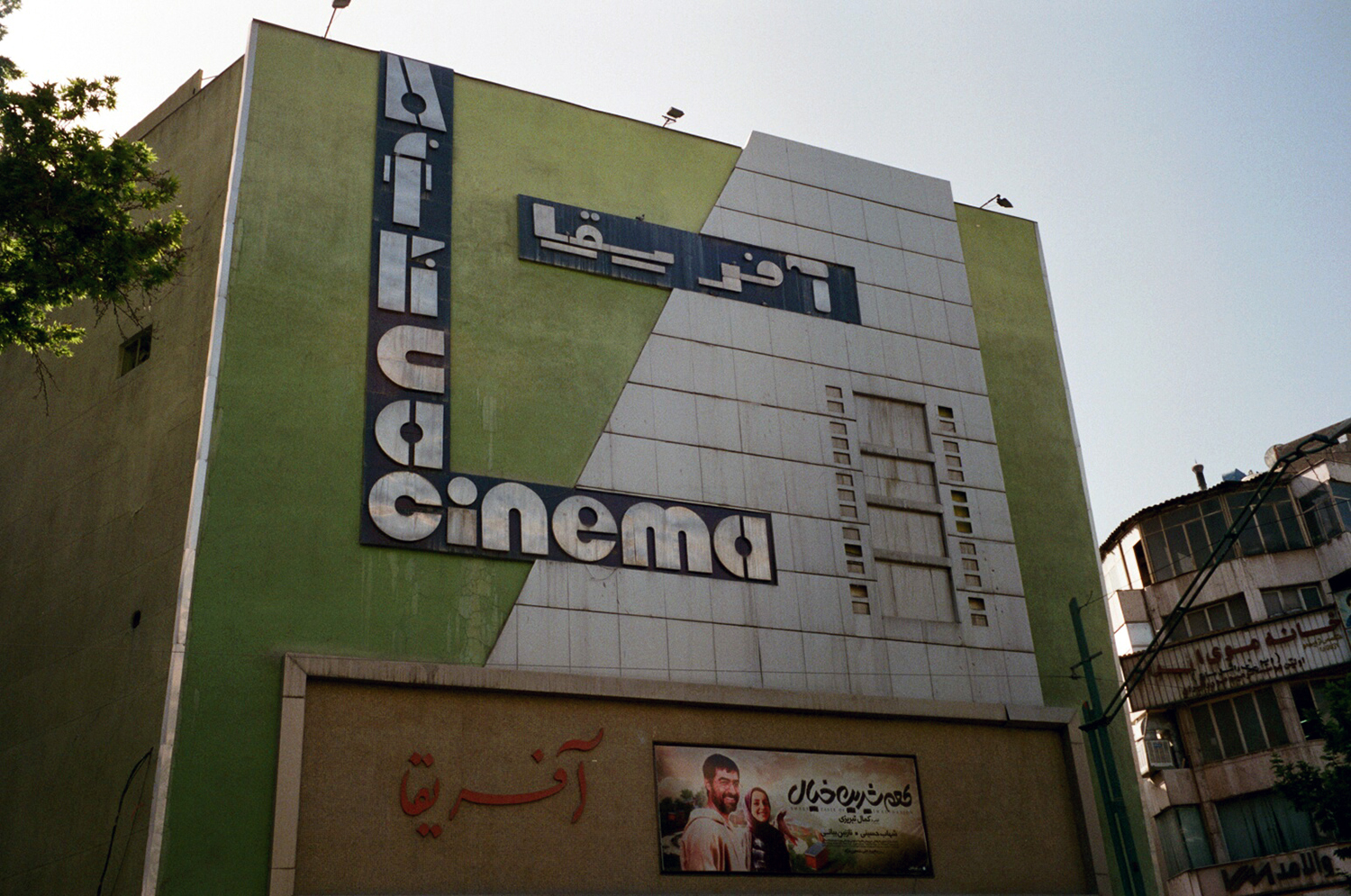
Dan Bodan spent November 8 to December 8 in residence at the Goethe Institute in Tehran. Flash Art invited him to write a travelogue during his time there. This is the first installment.
“Well, the thing about the Greeks,” he says between sips of his crystal-clear German pilsner, “is that there’s not much to them beyond the first impression.”
“Oh, I don’t think I agree,” I reply and quickly take a long sip from my glass of Riesling, the first drink I’ve had since arriving in Iran nearly three weeks earlier. I’m speaking with the director of a Landesmuseum somewhere in Germany, and the already forced conversation is turning from polite to caustic with each new sip of wine.
Tonight I am a guest at the German ambassador’s residence in Tehran, a Mies van der Rohe-style villa in the center of an enormous fortified private garden in the Tajrish neighborhood in the north of the city, a short walk from the Tajrish Bazaar with its glorious view of the Tochal Mountains (whenever the clouds and/or pollution allow for it, that is). It’s directly neighboring a similar enclave for the Turkish ambassador, and I’m told that the two are actually connected to each other via an underground passage in case the Iranians take it upon themselves to occupy either structure like they did with the US and Saudi embassies (in 1979 and 2016 respectively). I haven’t been able to confirm this, but if it’s true it would be one of the few instances of German-Turkish collaboration in recent memory. My presence has been requested to celebrate the arrival of two German cultural delegations: one from Baden-Baden and one from Berlin, as well as “top decision-makers in arts and culture in Germany.” At this point in the evening I’m still one of the only “art-makers” in the room.
Upon my arrival I’m greeted by the ambassador himself. An imposing man, tall and stern, the archetype of a German bureaucrat. His handshake is so firm it feels like it could shatter my tiny Canadian hand as he grabs it demanding to know who I am. He doesn’t let go for the rest of the conversation, eyes never blinking, his stare burning into me as if trying to catch me in a lie. I realize in this moment I wouldn’t have the stomach for real diplomacy.
“I’m the Goethe resident.”
“But you are not German.”
“Uhh no I’m not —”
“And what is the purpose of your residency?”
“Ehh, well research I guess —”
“For what project?”
“Oh uh, well lots of them, music I suppose, and, ummm I was asked to write a column about the residency for a magazine.”
His wife, a friendly looking woman about my size, standing beside him and smiling pleasantly, takes particular interest in this. “Oh, how exciting! And what will you write about?”
“Oh, I’m not sure yet —”
“And WHERE is the money for all this coming from?” he interrupts, at which point my host from the embassy jumps in: “From Berlin! All the money is coming from Berlin, don’t worry, sir!”
“Well then, young man.” And with that he lets go of my tender hand and pats me on my shoulder. “Enjoy your stay in Iran, and tonight, please, enjoy some German beer!”
I’ve spoken more German in the past three weeks in Tehran than in almost twelve years in Berlin. Part of it is the residency and my hosts from the German embassy, but as I travel throughout the city meeting strangers I’m surprised by the number of people eager to practice their German-language skills with me.
“They’re very generous with visas for Iranians, it’s one of the easier places for us to visit,” a man at a local cantina-style restaurant tells me. “But they want to see how much you have in your bank account first, of course. HA HA.”
I remember applying for my first German freelance visa.
“They’ll want to see about eight thousand euro in your bank account,” everyone is told, though I’ve never actually seen this written down anywhere official. In most cases parents are called to do a momentary infusion of wealth (or permanent, depending on your creed). I wonder how much Iranians are supposed to have in their accounts and if they also have to take out an expensive national health insurance plan if they want to visit? Every time I pass the embassy in downtown Tehran there’s a crowd of at least fifty Iranians congested around the door waiting for visa services, waving application forms and passports above their heads. To me it looks like a scene from the fall of Saigon, but this is actually just the way Tehranese citizens line up: an orderly congregation of pushing and squeezing and politely explaining why one needs to go first. Amazingly, it seems to work, and everyone (mostly) has a good sense of humor about it. A ride on the subway at rush hour works in the same way. On my first day I’m told that I shouldn’t be afraid to really push my way on, that everyone’s used to it. Unfortunately no one tells me I need to push my way off as well, and I find myself on more than one occasion finally disembarking several stations after my destination. But otherwise the system works.
“Yes, it works,” I’m told, “except when it doesn’t.”
I try and imagine the same scenario except with Germans. I nearly faint.
Technically speaking, it’s not actually the Goethe Institute hosting me. The Iranian chapter of the cultural institute was shut down in 1987 after an unaffiliated German television comedy series made fun of the Ayatollah Khomeini. Since then they’ve only been allowed to open a German Language school and host events at a small German-speaking Protestant church established in the 1950s. Under the impression that I’d be attending a traditional Armenian Christmas market I find myself at this very church for a Lufthansa-sponsored Weinachtsmarkt. It’s packed with excited Iranians and expats lining up for Bratwurst and waffles, purchasing oddities normally found in the discount section of German grocery stores and handmade crafts by little old omas who have been shuttled in from the homeland to sit quietly behind their booths sipping warm punsch. There’ve even got stale brötchen sandwiches and a non-alcoholic Kölsch beer (“Would you like one?” Nein, danke.) A choir of children in Santa hats from the local international school begin singing Christmas carols and the entire room erupts into a sea of smartphones trying to capture this spectacle so familiar to me but probably a novelty to them. At one point they launch into a rendition of Ode to Joy and it strikes me that a mixed-gender choir singing the European national anthem in a Christian church feels like a show of German soft power more genuinely subversive than anything I could hope to achieve here performing songs about gay sex.
One of my Iranian hosts, a German-language teacher, asks why I make so much fun of the Germans. “Because I love Germany,” I tell him. Which is true, insomuch as I care deeply about the welfare of wherever I am. And I’ve made Germany my home for over a decade, participating in its culture, paying my taxes, inhaling its clean air, staking my claim, and I’ll be eligible for permanent residency soon, or even full citizenship. I see it as my duty to keep critical, lest the country turn itself into something nasty and embarrassing, a real possibility at this particular moment in time. I have invested a lot into Germany. My voice has a place in the conversation of its future.
“And what artists did you meet in Athens?” the museum director continues, as I eye the floor-to-ceiling abstract paintings adorning the walls back at the ambassador’s house.
“Oh, I mostly hung out with skaters.”
“I see, well…” and with that we’ve had enough of each other and in tandem quietly turn and walk away.
The Berlin delegation has arrived, led by a collective best known for their impressive street-art interventions, and the mood softens a bit. Later they’ll take me to a private party opposite the Lebanese embassy, where I’ll partake in some of the infamous Armenian “vodka” served in an unmarked two-liter plastic bottle and then decide the next morning not to drink again for the remainder of the trip.
As I’m leaving and the ambassador’s wife says her goodbyes, I compliment her home. She excitedly grabs my arm and pulls me to a small photo hanging on the wall. “THIS was the original building.” An impressive classical Persian mansion. “But it wouldn’t survive an earthquake so they needed to rebuild.” She gives me a tender hug.
I ask for a photo with the ambassador. I post it online with the caption, “Who’s the real ambassador though?”
It’s not rhetorical.



